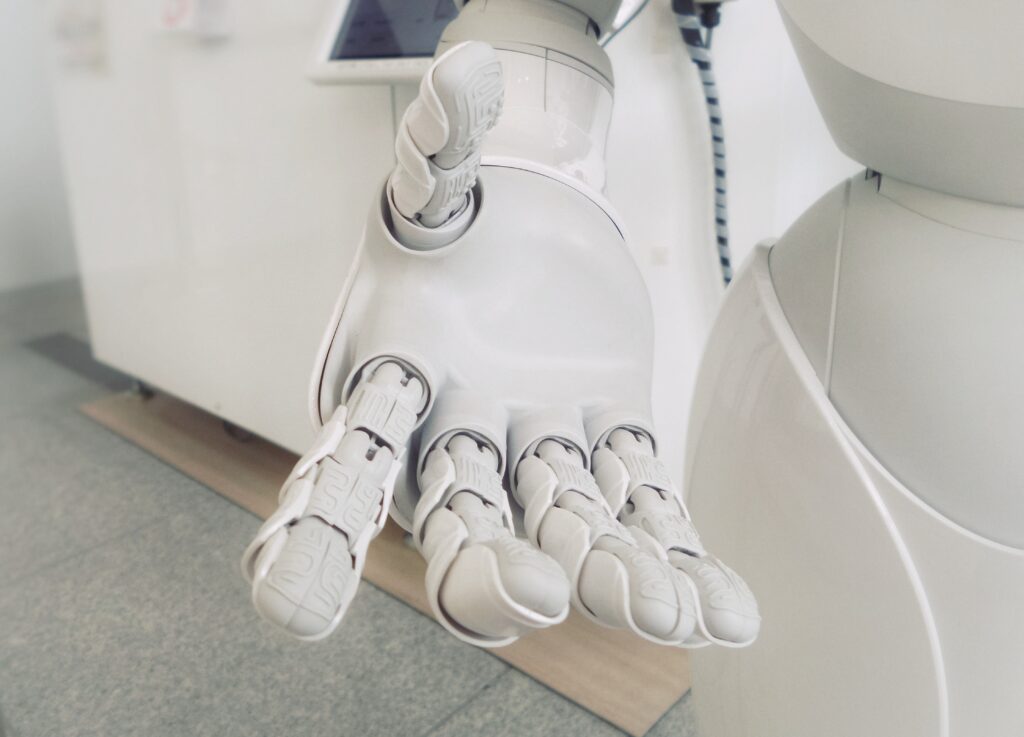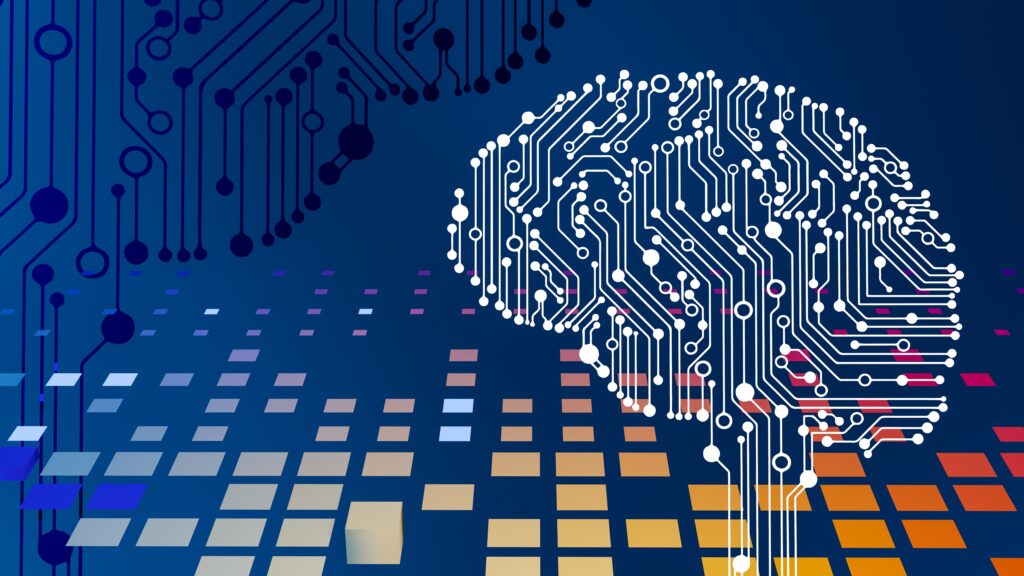Introduction
Artificial Intelligence (AI) has undoubtedly revolutionized various industries, enhancing efficiency, and transforming the way we live and work. From autonomous vehicles to personalized healthcare, AI has shown immense potential to improve our lives. However, with the rapid advancement of AI technologies, it has become crucial to examine the ethical implications that accompany this powerful tool. As we integrate AI deeper into our society, we must address important questions about privacy, bias, accountability, and the impact of AI on the job market. In this blog, we will delve into the ethical challenges surrounding AI and explore potential solutions to navigate this ever-evolving landscape.
1. Bias and Fairness
One of the most pressing ethical concerns related to AI is bias. Machine learning algorithms are only as good as the data they are trained on, and if this data reflects human biases, the AI system will replicate and even amplify these biases. This can lead to discriminatory outcomes in areas such as hiring, lending, and criminal justice. To address this, developers must ensure that training data is representative and diverse, and constantly monitor AI systems for any unfair biases. Moreover, policymakers and AI researchers need to collaborate in creating guidelines to counteract bias and promote fairness in AI applications.

2. Privacy and Data Protection
AI systems heavily rely on data, often personal information, to perform their tasks effectively. The massive collection and analysis of data raise concerns about individual privacy. Companies and organizations that implement AI must prioritize robust data protection measures, giving users control over their data and ensuring transparency regarding data usage. Legislation and regulations, such as the General Data Protection Regulation (GDPR), serve as essential tools to safeguard individuals’ rights and hold AI developers accountable.
3. Autonomy and Human Control
After all, AI becomes more sophisticated, the level of autonomy in decision-making raises questions about human oversight. In critical applications like autonomous vehicles and healthcare, it is crucial to strike a balance between Artificial Intelligence autonomy and human control. Ensuring that humans have the ability to intervene and override AI decisions when necessary is essential to maintain accountability and prevent unintended consequences.

4. Job Disruption and Economic Impact
AI’s increasing capabilities have sparked concerns about job displacement and economic inequality. As AI systems take over repetitive tasks, there is a risk of job loss in certain sectors. Governments and businesses need to prepare for this shift by investing in retraining programs and fostering an environment that encourages upskilling and entrepreneurship. Additionally, implementing AI responsibly can lead to the creation of new jobs and contribute to economic growth.
5. Transparency and Explain ability
The “black box” nature of AI algorithms, especially in deep learning models, can hinder our ability to understand and explain their decisions. This lack of transparency raises concerns about accountability and the potential for AI to make unjustifiable or harmful choices. Researchers are exploring methods to make AI more interpretable, allowing users to understand the reasoning behind AI decisions. This would build trust between AI systems and users and foster a sense of control over AI’s outcomes.

Conclusion
As Artificial Intelligence continues to shape the future, addressing its ethical implications is not just a choice but a necessity. The responsible development and deployment of AI require a collective effort from governments, researchers, developers, and society at large. By proactively identifying and addressing ethical challenges, we can ensure that AI remains a force for good. Which will be benefiting humanity without compromising our values and principles. Furthermore, AI technology evolves, an ongoing and open conversation about ethical implications will be essential to guide its development in a way that aligns with our shared vision of a better world.
Contact us
Check our Shockiry on Upwork
at www.upwork.com/ag/shockiry/

Check out Shockiry Portfolio
![]()

It’s a very interesting and informative. As a writer myself I’m very scared of AI replacing me soon enough in Pakistan ????